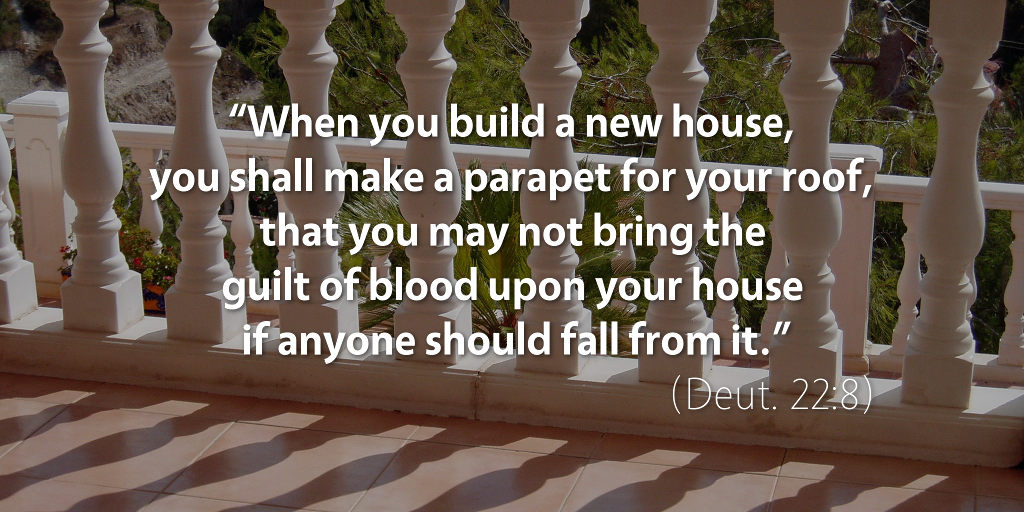Bible Readings for June 17th
Deuteronomy 22 | Psalms 110–111 | Isaiah 49 | Revelation 19
As we read through the laws given to Israel that governed what to do with a lost ox (Deut. 22:1–4) or what specifications were required for building a roof on your house (Deut. 22:8), it would be helpful for us to talk about how Christians have traditionally approached Old Testament law. It’s clear that different laws had different purposes, and while some of those laws are still fully applicable today, others are not.
Christians have historically divided the Old Testament laws into three categories: moral, civil, and ceremonial. The moral laws would include the Ten Commandments; the ceremonial laws regulated the worship within Israel; and the civil laws governed day-to-day living in Israel. Today, moral laws are still binding, since Jesus did not come to abolish the moral law (Matt. 5:17–20).
But on the other hand, the New Testament also teaches that Jesus did abolish the ceremonial aspects of the law, because while Old Testament worship was good, it was also incomplete. Its role was to point forward to Jesus, our true temple (John 2:18–22), our great high priest (Heb. 8:1–13), and our perfect sacrifice (Heb. 10:1–18). The ceremonial law is still relevant since it teaches us about Jesus and his sacrifice, but the ceremonial law is no longer binding in the way it was for ancient Israel now that Jesus has offered himself once and for all time (Heb. 10:12–14).
So, what about the civil laws? Are we bound by God’s law to build parapets—that is, barriers to keep people from falling off of our rooftops? The Westminster Confession of Faith has a helpful principle for understanding the civil laws of Israel, that they “expired together with the State of that people [Israel]; not obliging any other [people] now, further than the general equity thereof may require” (WCF 19.4).
What this means is that we are not necessarily required to build parapets on the roof of our houses, but the “general equity” of human society would suggest that we should keep the general spirit of the law’s goal, which was to keep people from harming themselves on our property. We don’t typically walk around on our roofs today, so parapets are probably unnecessary, but the “general equity” of this provision might mean that we make sure children can’t get into pools unsupervised or that we keep our sidewalks free from dangerous, slippery ice when it snows.
But recognizing these divisions in the law also help keep us from functionally abolishing all the law by writing it off as the Old Testament. Sexual immorality, for example (Deut. 22:13–30), is not suddenly permissible under the new covenant because the prohibitions against it are part of the moral law, which is still binding today.
What “general equity” principles from Deuteronomy 22 should change some aspect of your day-to-day living?
Podcast: Play in new window | Download (5.2MB) | Embed
Subscribe: Apple Podcasts | RSS | More

Scripture quotations are from The Holy Bible, English Standard Version copyright © 2001 by Crossway Bibles, a division of Good News Publishers. Used by permission. All rights reserved.



If you were contracted to build 10 bookshelves. You complete the shelves. you get paid the proper amount for the shelves. The 10 shelves are taken by the customer. Is the contract still valid? Tetelestai
Hi Keith—
Could you elaborate a bit? Are you simply saying that the civil law and ceremonial law was “finished”? If so, I’m in total agreement.
Where Christians seem to get a bit muddled is when they talk start to talk about which parts of the law still apply today—and that’s more what I was trying to address.
Thanks for commenting!